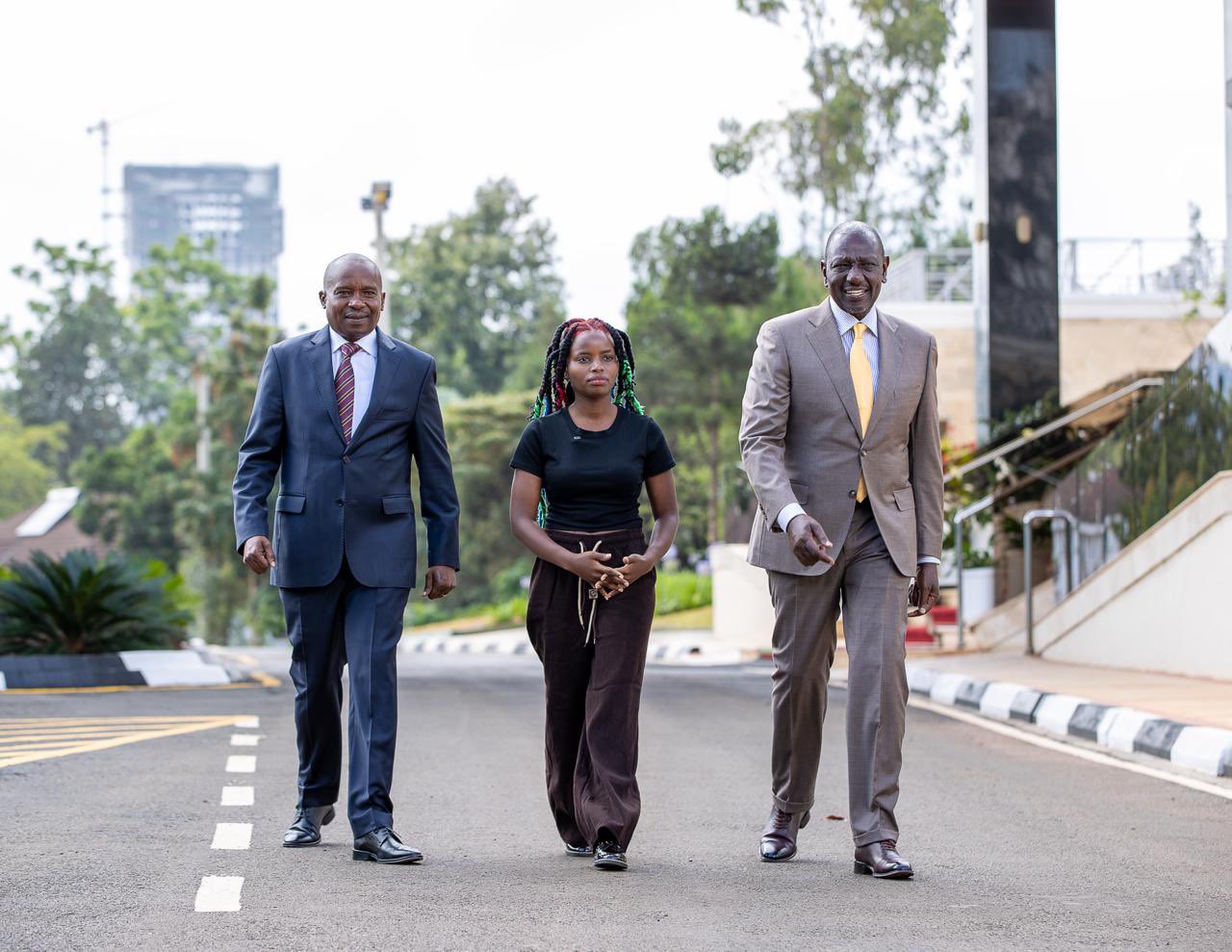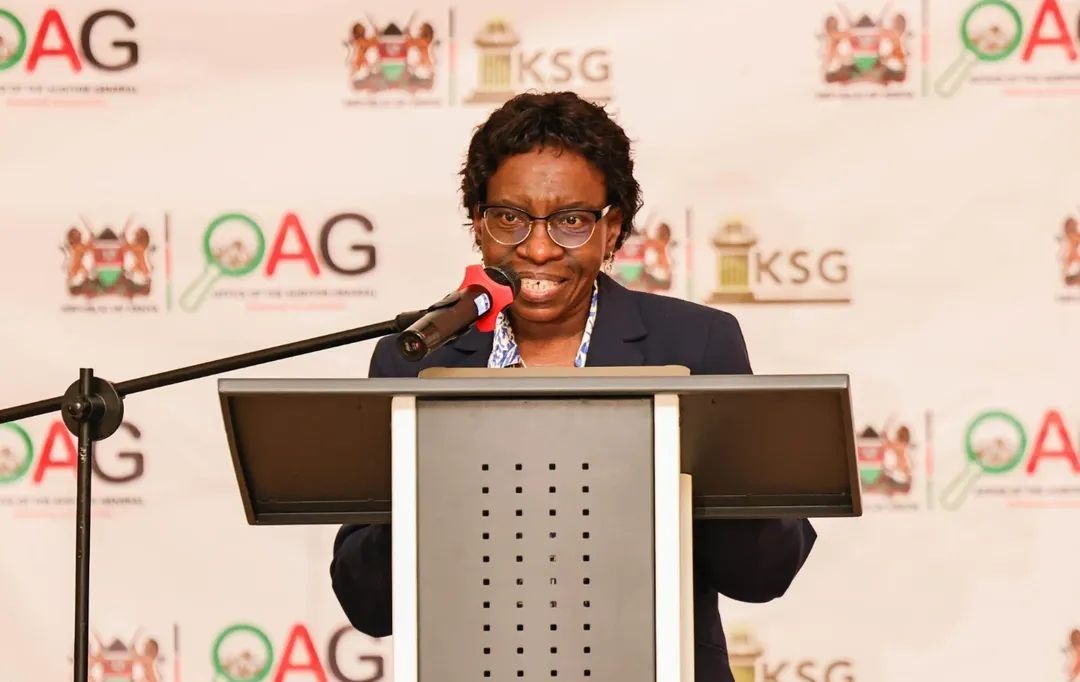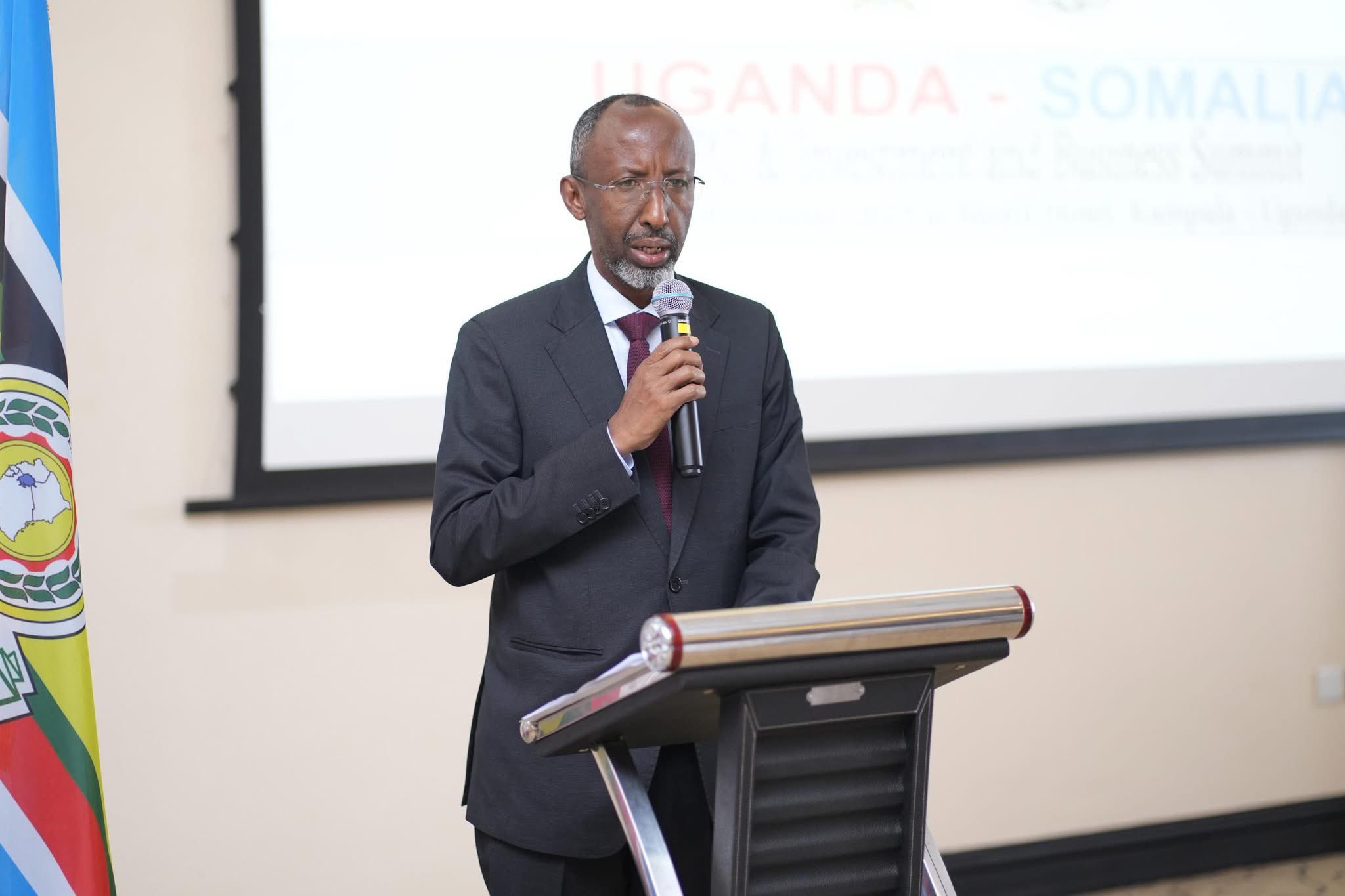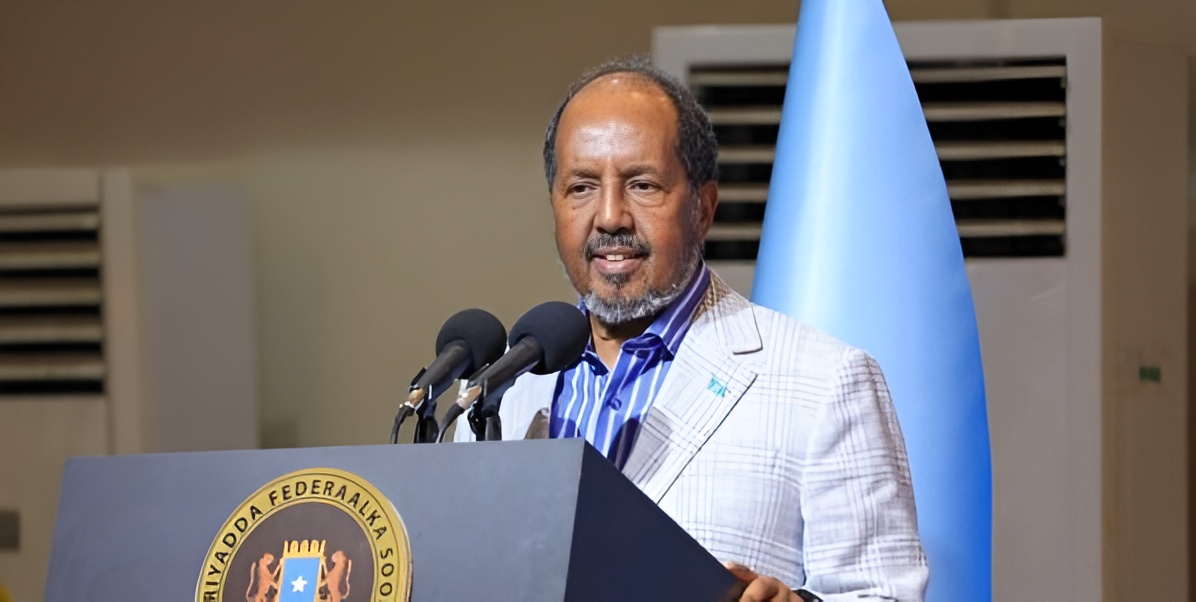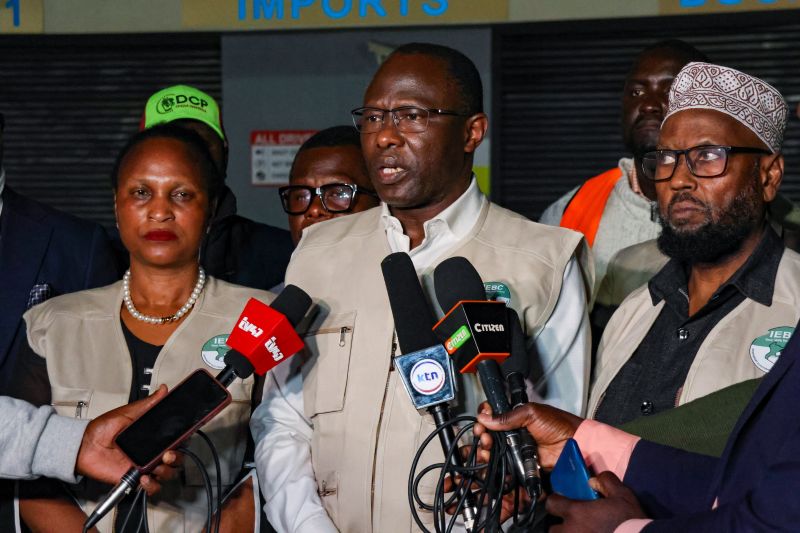Kagwe and Oparanya push for digital coffee auction, target triple production

The platform will allow buyers to participate in real-time across the world, a shift they say will bring transparency and fair pricing to a sector long dominated by middlemen.
Kenya’s coffee sector is set for a major shake-up as the government moves to launch the country’s first global online coffee auction, opening the Nairobi Coffee Exchange to international buyers in a bid to eliminate cartels and raise farmer incomes.
Agriculture and Livestock Development Cabinet Secretary Mutahi Kagwe and Cooperatives and MSMEs Development CS Wycliffe Oparanya confirmed that preparations for the digital auction are in the final stages.
More To Read
- SMEs sound alarm over rising failure rates amid investment gaps
- Nairobi’s 'pencil man': Ignatius Otieno story of resilience, unique hustle
- Treasury disburses Sh2.6 billion to boost recovery of MSMEs
- Hope for farmers as Taita Taveta embarks on coffee revival plan
- Oparanya: Hustler Fund loan defaulters to be locked out of bank, SACCO loans
- Private sector shows signs of recovery, boosted by gains in retail and manufacturing
The platform will allow buyers to participate in real-time, a shift they say will bring transparency and fair pricing to a sector long dominated by middlemen.
“Marketing cannot be done the same way year after year and expect different results; it’s madness,” said Kagwe. “We have agreed that the auction must go online, allowing international buyers to participate directly. Cartels will no longer hold the market hostage. Technology will deliver transparency and better prices for our farmers.”
The two CSs emphasised that ongoing reforms aim to put farmers at the heart of the coffee value chain.
He noted that Kenya earned Sh40 billion from coffee in 2023, far short of the Sh100 billion achieved at the industry’s peak in the late 1980s.
To bridge that gap, the government plans to expand coffee-growing areas, boost yields from 3 kilograms to 30 kilograms per tree, and deploy trained extension officers to support farmers in the field.
CS Oparanya said the revitalisation program aims to triple production from 50,000 metric tonnes to 150,000 metric tonnes within three years.
Through the New Kenya Planters Cooperative Union (KPCU), the Ministry has mobilised farmers in 22 counties, modernised 1,176 cooperative factories, and scaled up seedling production to meet rising demand.
He further explained that the reforms are anchored in the Cooperatives Bill 2024 and the Coffee Bill 2024, currently before Parliament. Once enacted, the legislation will address governance loopholes, improve coordination between national and county governments, and strengthen farmer representation.
The two CSs also revealed that Kenya will present proposals at the upcoming World Food Forum in Rome, advocating for Africa’s coffee markets to operate independently to boost farmer earnings and enhance global competitiveness.
Oparanya added that the Direct Settlement System (DSS), operated by Cooperative Bank, is now fully functional, ensuring that 80 per cent of coffee proceeds go directly to farmers, with over 200 cooperatives already on board.
“We will not allow selfish interests to sabotage our coffee. The farmer is the future. Technology, reforms, and global partnerships must work for them,” Kagwe emphasised.
Top Stories Today
Reader Comments
Trending

